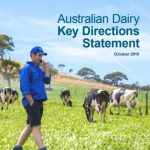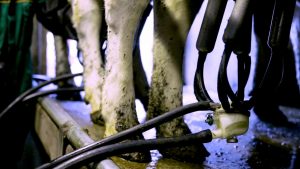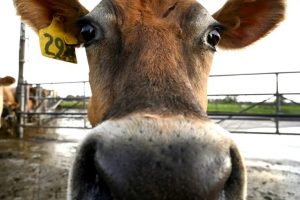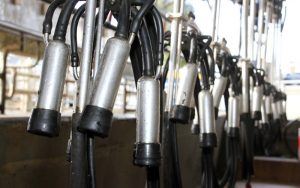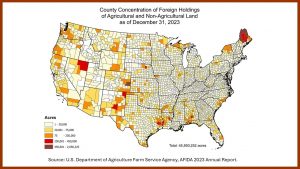
After launching in 2015, one of the major players in the sector Spring Sheep Milk has moved into multiple export markets with various high-value sheep milk products.
Chief operating officer, Nick Hammond told attendees at the company’s annual farm open day near Cambridge that interest in New Zealand’s sheep milking industry was continuing to grow.
“It is fast becoming a very compelling opportunity as the proven farm models and market growth have made it a viable option for farmers,” he said.
“Combining this with the environmental benefits of sheep milking, farmers are taking notice.”
Earlier this year, Spring Sheep also launched a premium sheep milk formula for toddlers in Malaysia – the first of its kind in the market.
It plans to roll out its full cream sheep milk powder and premium infant formula range to Australia and New Zealand and other key export markets soon.
Growth in the industry is also behind the construction of the new Melody Diaries spray dryer on the campus of the Waikato Innovation Park in Hamilton.
It will sit alongside the existing Food Waikato dryer and will have 2.4 times its capacity at 1.2 tonnes of powder per hour.
Hammond said there was a growing global demand for sheep milk products.
“The segment is experiencing strong growth on the back of increasing consumer demand for alternative dairy.”
The open day at Spring Sheep’s outdoor pilot farm near Cambridge attracted more than 400 people and showcased a fully-outdoor, cow-conversion model.
Hammond said investment in research and development was paying off.
“We’re particularly pleased with the rapid productivity gains that have been powered by the right combination of farming models, capability and the availability of high-performance genetics.”
Spring Sheep Milk business manager Thomas Macdonald said the new genetics were boosting milk production.
“Ewes on our pilot farms set new records last year, increasing average production by 70 litres per ewe to reach an average of 270 litres with the top sheep over 500 litres.
“This year we are on target to achieve over a 300 litre average with a significant number of sheep over 400 litres,” he said.
Historically in New Zealand, prior to imported genetics, ewes on average would only produce 100-150 litres each per season which made the model economically challenging for farmers.
“A good return, however, is now possible using imported genetics coupled with the right farming systems and capable farmers.”
The company is bringing on new farmers for the 2020 season as its markets continue to grow.

